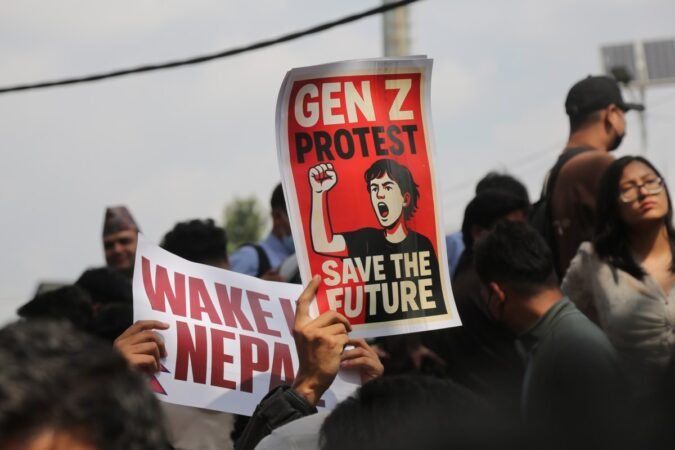Quick Takeaways
-
Reversal of Ban: Nepal reversed a controversial social media ban after widespread protests, sparked by the government’s demand for foreign platforms to register locally, which led to 19 deaths during demonstrations.
-
Youth Protests: Thousands of demonstrators, primarily school students, took to the streets, demanding an end to the social media blackout, resulting in violent clashes with security forces.
-
Government Response: Communications Minister Prithvi Subba Gurung announced the ban’s revocation, while Prime Minister KP Sharma Oli attributed the violence to external influences, expressing that the government is open to the younger generation’s demands.
-
International Concerns: Organizations like the UN and Amnesty International expressed alarm over the ban’s implications for freedom of expression and assembly, urging Nepalese authorities to uphold citizens’ rights.
Government Reversal Sparks Debate
Nepal’s recent decision to reverse a social media ban marks a significant moment in the nation’s digital landscape. The ban, enacted after foreign social media platforms failed to register locally, blocked access to 26 sites, igniting protests that led to at least 19 fatalities. This tragic outcome highlights the tension between government regulations and public reaction. Youth-led protests drew thousands of students, demanding the restoration of their online freedoms. Their voices echoed a broader call for transparency and accountability, making it clear that the government underestimated the power of digital platforms in shaping discourse.
Furthermore, international organizations voiced concerns about the ban. The United Nations urged the government to uphold rights regarding peaceful assembly and expression. This growing scrutiny adds pressure on Nepal’s authorities to craft policies that balance regulation with freedom. As social media becomes essential for communication, the government’s next steps will impact public trust. A constructive dialogue between authorities and citizens could foster a healthier digital environment, ensuring that regulations do not stifle essential human rights.
A Path Forward
While some social media platforms like TikTok avoided the ban by complying with government requests, many users felt disenfranchised by the restrictions. The proposed social media bill, still pending approval, could further threaten expression, imposing severe penalties for content deemed inappropriate. This raises important questions about the nature of digital governance in Nepal. The challenge lies in developing a framework that protects both national interests and free speech.
Thus, Nepal stands at a crossroads. The government must recognize the importance of digital expression and harness it to engage with the youth. Embracing technology can facilitate innovation and ensure that future policies align with global standards of human rights. By taking these steps, Nepal has the chance to create a more inclusive digital space, contributing positively to the ongoing journey of democracy and freedom of expression.
Expand Your Tech Knowledge
Stay informed on the revolutionary breakthroughs in Quantum Computing research.
Access comprehensive resources on technology by visiting Wikipedia.
TechV1

